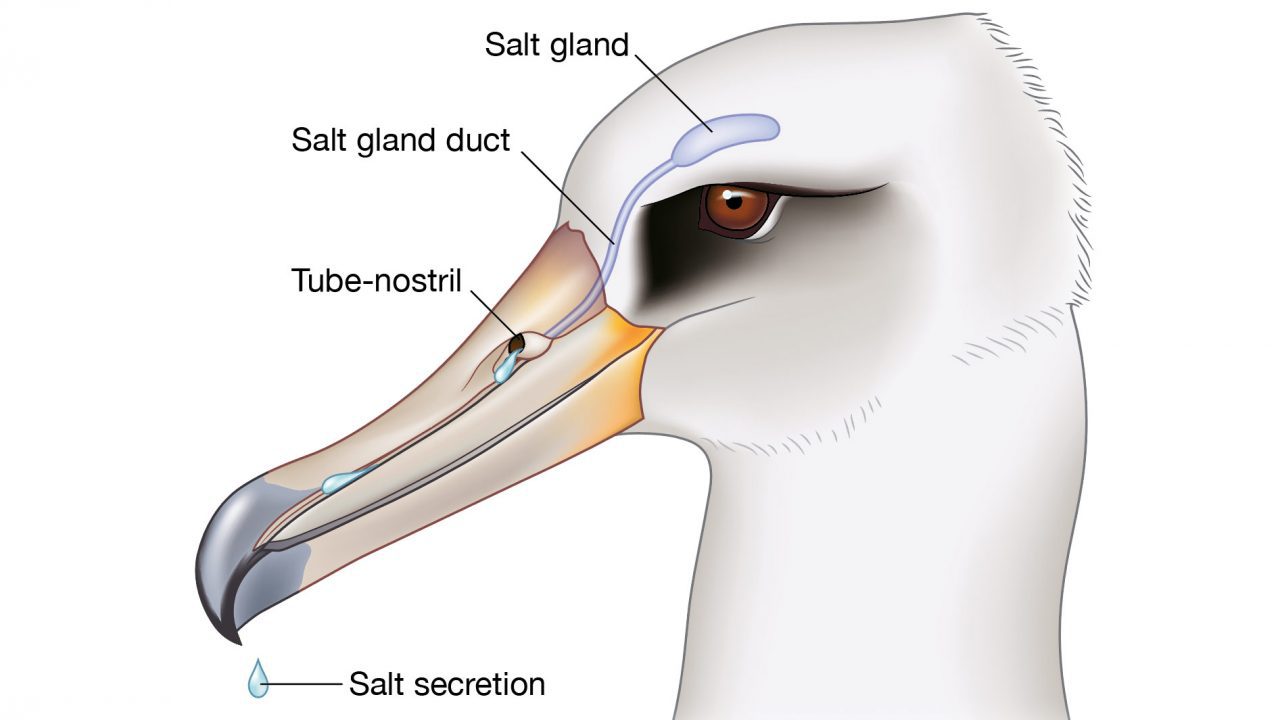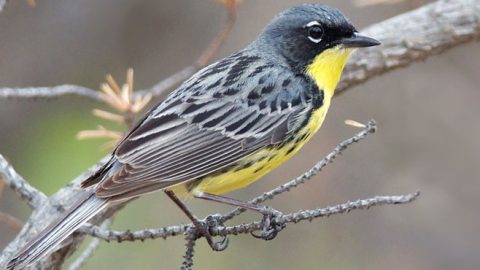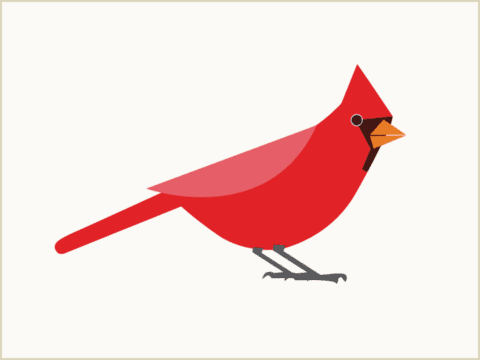Why Can Some Birds Drink Salty Seawater?
Adapted from the Handbook of Bird Biology, Third Edition
June 6, 2017
From the Summer 2017 issue of Living Bird magazine. Subscribe now.
A human stranded at sea has a big problem. There is plenty of water around, but none to drink. Saltwater worsens dehydration.
But many marine birds—such as penguins, gulls, albatrosses, and pelicans—have built-in water desalination filters. With salt glands and ducts connected to their bills that rid their bodies of excess salts, these birds can drink seawater straight up or eat prey, such as squid and crabs, that are as salty as seawater.
Comparative physiologist Knut Schmidt-Nielsen studied the functions of salt glands in Great Black-backed Gulls more than 50 years ago. In one experiment, a gull ingested about 1/10 of its body mass in seawater (the equivalent of a 150-pound human drinking about 2 gallons of seawater, more than a lethal amount). After three hours, the bird had totally eliminated the salt load, mostly via excretions from its salt glands (which were 10 times higher than salt elimination from its kidneys).

All About Birds
is a free resource
Available for everyone,
funded by donors like you
American Kestrel by Blair Dudeck / Macaulay Library


